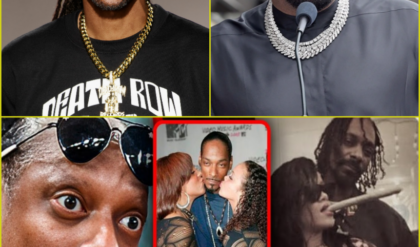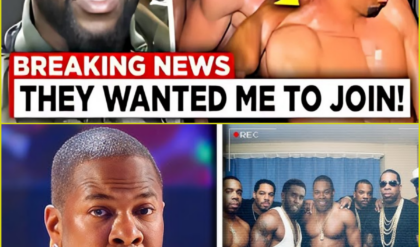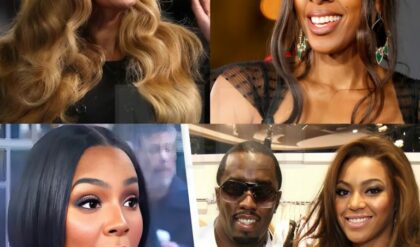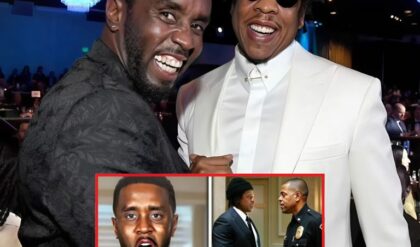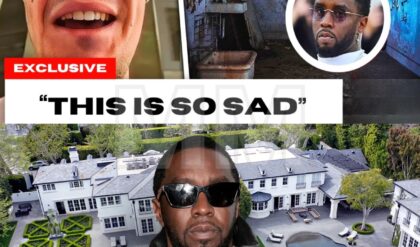The entertainment industry is filled with both glitz and darker, hidden dynamics, as
expressed by influential figures like Dave Chappelle. Ice Cube, Cat Willams, and
Mo’Nique. These artists have bravely shared their struggles with manipulation,
control, and the pressure to conform to Hollywood’s mold. A particularly revealing
instance is Chappelle’s experience on *The Oprah Winfrey Show”, where he opened
up about mental strain and control tactics used by the industry. This should have
been a safe space: instead. Oprah seemed to downplay Chappelle’s concerns,
suggesting he might be “insane’—a subtle dismissal that had broader implications.
Chappelle has spoken extensively about his shocking decision to walk away from a
$50 million contract, which was not a rejection of financial security but a rejection of
what he described as oppressive circumstances in Hollywood.
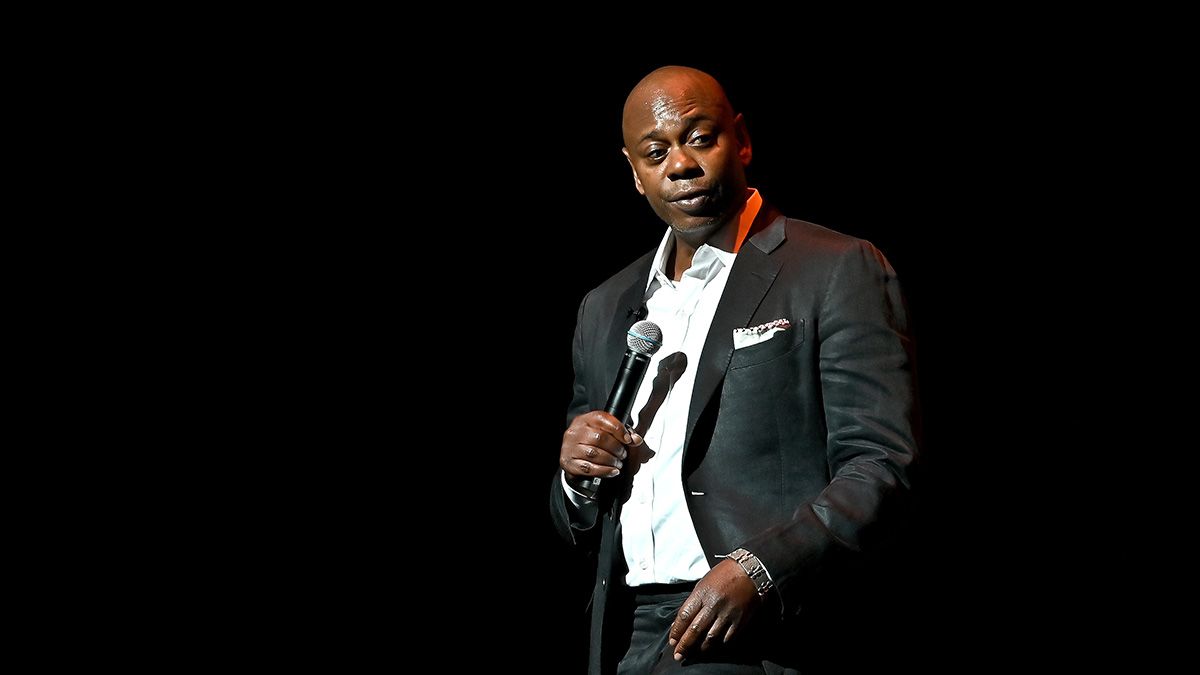
During his “Oprah interview, he expressed frustration with handlers who tried to
medicate him, painting him as mentally unstable when he refused to conform.
Oprah’s line of questioning only deepened the public’s suspicion about his mental
health, which Chappelle has described as a form of “gaslighting.” a term used to
describe manipulation that leads one to doubt their reality. In this moment, Oprah
did not just question his decisions—she contributed to a damaging narrative that
portrayed him as unstable.
Many Black male comedians, such as Chappelle, Williams, and others, have criticized
Hollywood for its stereotypical portrayal of Black men in emasculating roles,
including forcing them to wear dresses in comedic scenes. To these comedians, this
isn’t just about acting—it reflects a broader intention to humiliate and control Black
artists by making them conform to demeaning stereotypes. Chappelle described an
incident on set where he was pressured to wear a dress in a scene for a movie,
‘which he adamantly refused. This act of resistance marked his commitment to
upholding his dignity, even at the risk of conflict with producers.
The experience with Oprah’s show, coupled with other oppressive industry
practices, ultimately led Chappelle to temporarily leave the entertainment industry,
retreating to Africa to find peace. This decision was widely publicized and
scrutinized, with media outlets speculating that he had succumbed to a breakdown.
Rather than empathizing, mainstream media painted his escape as imational.
Reflecting on this, Chappelle has often spoken about the industry’s tendency to
label non-conformists as “crazy.” citing examples like Mariah Carey and Martin
Lawrence, who faced similar public scrutiny after personal crises. This narrative is a
familiar one, deployed to tamish reputations and diminish credibility when artists
resist.
Other artists, like Ice Cube and Mo’Nique, have also highlighted how Hollywood
suppresses dissenting voices. Ice Cube faced ostracism from certain platforms,
including *The View, after becoming an independent thinker and publicly
questioning industry practices. Mo’Nique had a deeply personal conflict with Oprah.
‘who invited Mo’Nique’s abusive family members onto her show without Mo’Nique’s
consent, an act Mo’Nique described as betrayal.

‘This incident marked a tuming point for her, showing how the industry, including
Oprah, would prioritize sensational content over personal boundaries and respect.
Furthermore, Chappelle’s experiences raise important questions about celebrity
freedom in Hollywood. Some suggest that celebrities often have little control over
their ives, with “handlers” guiding their every step. There are legal mechanisms,
such as California’s “5150” law, which can place individuals under involuntary
psychiatric holds, sometimes for dubious reasons. Some critics argue this law is
selectively enforced in Hollywood as a means of control, with cases like Britney
Spears and Kanye West cited as examples. While theories about “MK-Ultra” mind
control often circulate, the documented use of 5150 holds is a more verifiable form
of coercion, sparking concern about the freedom and autonomy of celebrities in
Hollywood.
Chappelle’s journey reflects the difficult choices Black artists often face in
Hollywood. His departure from the industry was not a rejection of fame, but of the
limitations fame imposed on his autonomy and voice. As he stated, achieving fame
and financial success did not equate to freedom. His story also underscores the
resilience required to confront an industry resistant to change. one that enforces
conformity through financial and social pressure.
Uttimately, Chappelle and others remind us of the importance of preserving one’s
integrity in an industry that commadifies identity and freedom. Their resistance is a
testament to the power of self-respect in an environment that often demands its
compromise.
